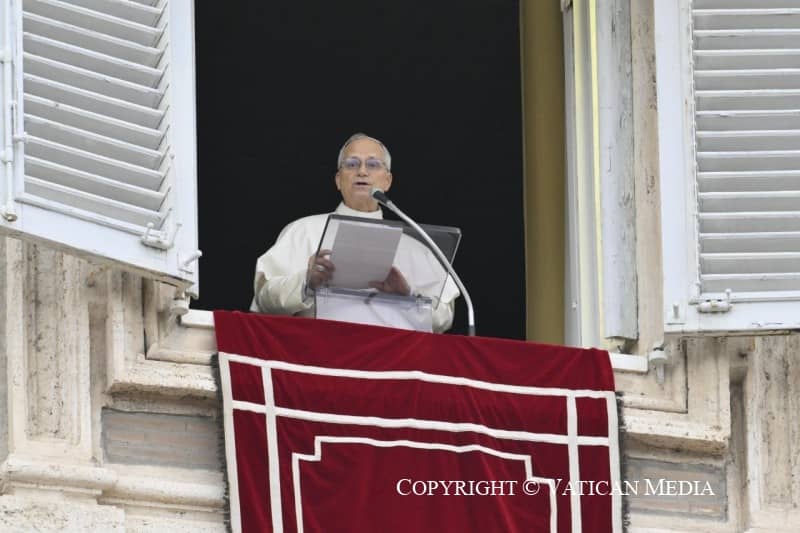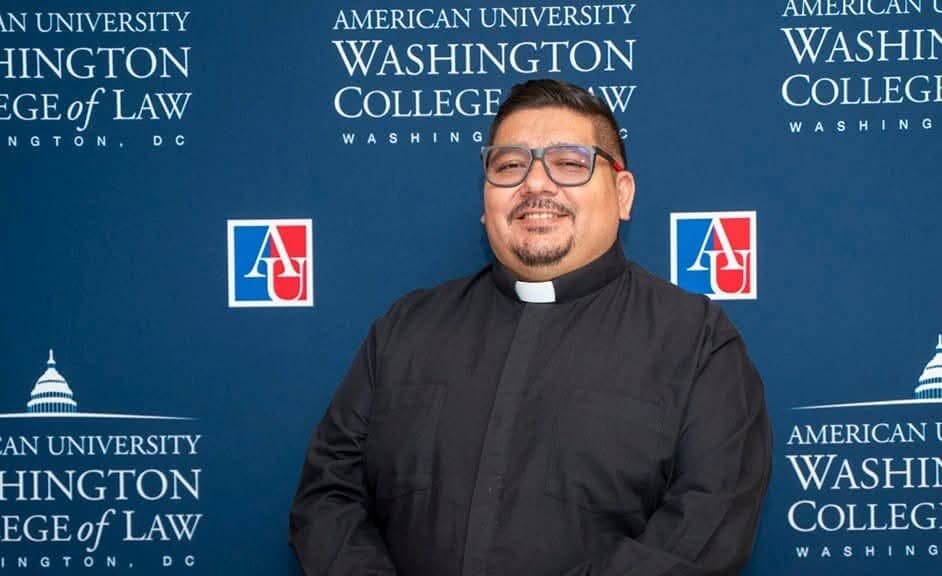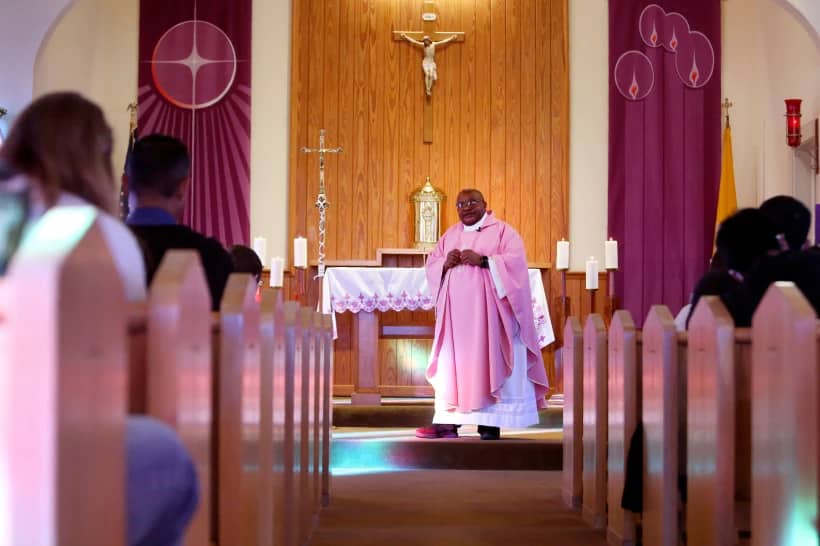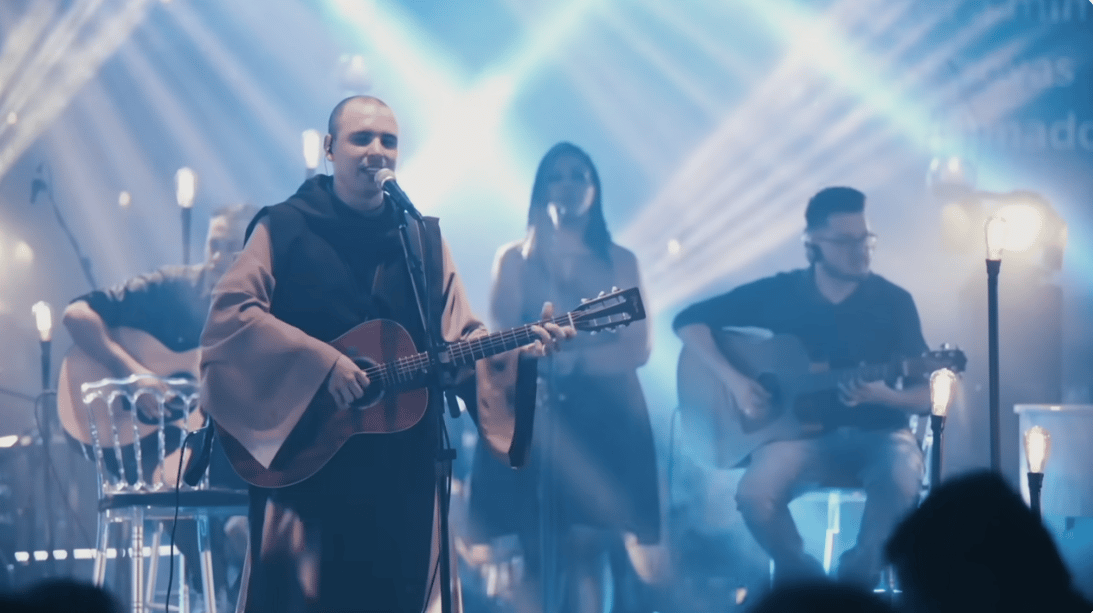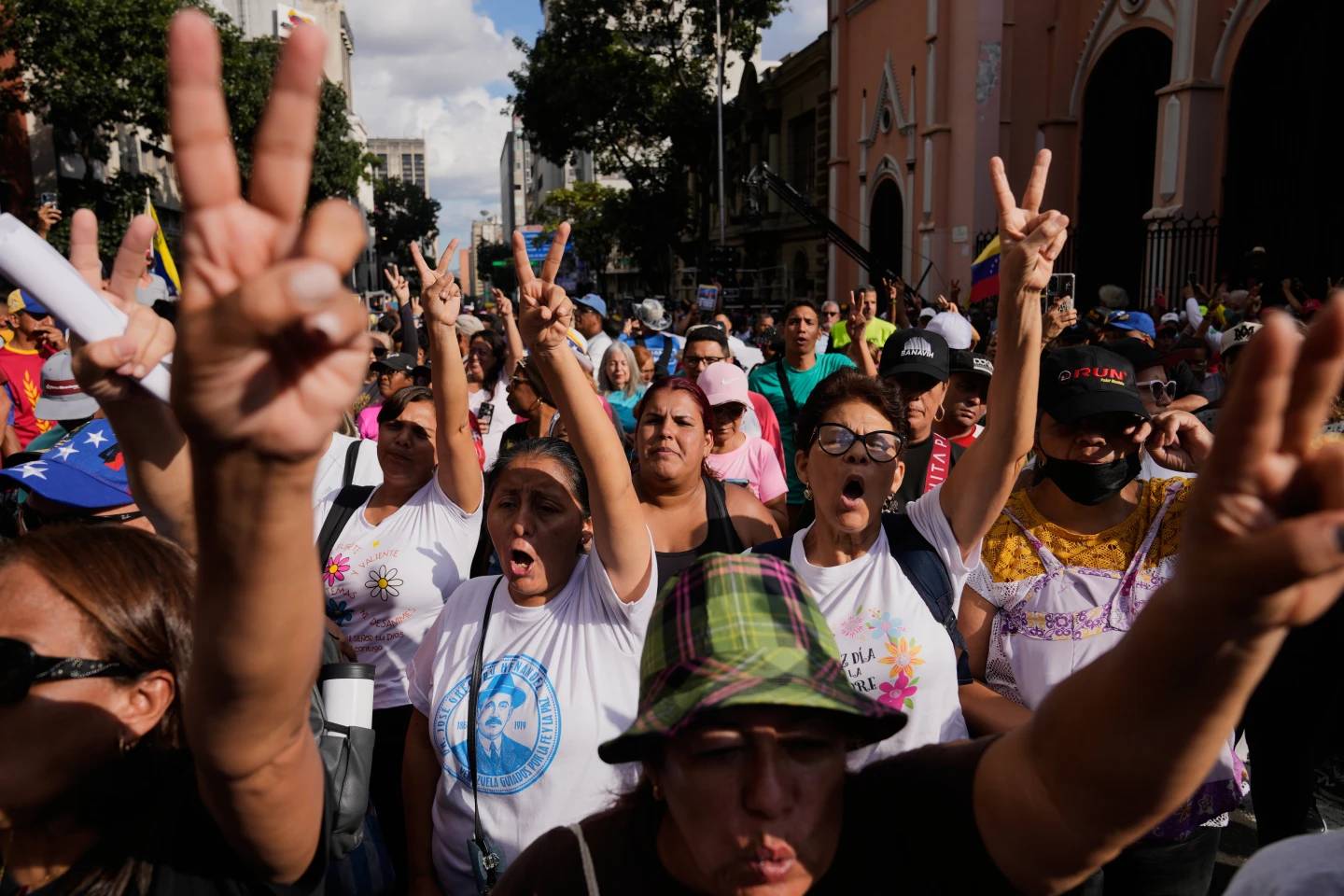DETROIT — When a black man is just a boy, his parents will likely have two conversations with him.
The first is about life in general — things like being careful crossing the street, how to choose one’s friends and be a responsible young man.
The second is about how to act around law enforcement, lest one end up like Emmett Till, Rodney King, Trayvon Martin, Eric Garner or, most recently, George Floyd, who died in Minneapolis May 25 when a white police officer knelt on his neck for nearly nine minutes.
Since his death, protests continue to take place across the United States seeking justice for Floyd and calling for an end to police brutality, particularly against people of color.
Detroit, with a population of approximately 670,000 citizens — 78.6 percent of whom are black — has seen its own mixture of peaceful protests followed by separate riots and outbursts of violence.
In response to the unrest, Catholic leaders of all races, some of whom witnessed the impact of the civil rights movement over 50 years and the civil disturbances of 1967, are saying the Catholic Church must do more to speak out against injustice.
Father Norm Thomas, longtime pastor of one of Detroit’s preeminent black parishes, Sacred Heart near Eastern Market, said the protests and demonstrations are a cry for wholesale changes and upheaval to a society still battling the sins of racism.
“As you look at what’s going on, it’s mostly young people who are saying George Floyd’s killing is not something new,” said Thomas, 89, a priest for nearly 65 years. “Black men and women have been assaulted, especially by police officers, for a long, long time. And it’s really part of racism which affects this country, and people don’t like to hear about that.”
On May 29, Detroit Archbishop Allen H. Vigneron wrote a letter addressed to the black Catholic community in the Archdiocese of Detroit expressing his own outrage at Floyd’s death.
Acknowledging the disproportionate toll the COVID-19 pandemic has already taken on the black community in Detroit, Vigneron said Floyd’s killing has compounded such suffering by reawakening a “deep, familiar and soul-crushing ache.”
“I know that while physically distant, the events in Minneapolis have cut deep into existing wounds held close to your own hearts,” Vigneron wrote.
Vigneron offered his solidarity with the black community — while acknowledging such solidarity “has not always been perfect.”
“I want to acknowledge your suffering, to bring it into the light, so that we all together as a Catholic Church community can bring these wounds we share in Christ, to Christ for healing,” the archbishop wrote.
Not only was Floyd’s killing an affront to the dignity of all human persons, but standing up against racism and injustice is an essential part of Catholic social teaching, said Vickie Figueroa, manager of the Archdiocese of Detroit’s Office of Cultural Ministries and coordinator of black Catholic ministries.
Figueroa specifically cited the Catechism of the Catholic Church, paragraph 1935, which states: “The equality of men rests essentially on their dignity as persons and the rights that flow from it: Every form of social or cultural discrimination in fundamental personal rights on the grounds of sex, race, color, social conditions language, or religion must be curbed and eradicated as incompatible with God’s design.”
For former police chief and Detroit Deputy Mayor Isaiah McKinnon, who also is a retired professor at the University of Detroit Mercy, seeing God in all people, no matter how different, is part of living the mystery of faith.
“We see God in every person, every day,” said McKinnon, a Catholic and lifelong Detroiter. “Some people, they don’t see that. If you treat people wrong, if you dehumanize them, you don’t treat them in a way that’s God-like. In our faith, we believe in the goodness of people, so we stand tall and we do whatever we need to do to make a difference for people.”
McKinnon, 76, recalling seeing nuns and priests march alongside their black brothers and sisters during the civil rights movement.
“They were beaten and cast in jail,” McKinnon told the Detroit Catholic, the online news outlet of the archdiocese. said. “They put their lives on the line to make things better for African Americans. They were people of God who said, ‘I am going to try and make a difference,’ because they saw how bad it was.”
While some things have changed for the better 50 years later, McKinnon said today presents another opportunity for Catholics to stand up.
“We can’t assume that everything is good, everything is better, everyone is equally paid, everyone has equal opportunities to jobs and education,” McKinnon said. “We, as Americans, have to speak up, and as Catholics we really, truly do.”
Things can start to improve, Figueroa said, when people begin to realize that they might be part of the problem — and can be part of the solution instead.
Figueroa and Father Thomas suggested resources such as Robin DiAngelo’s “White Fragility: Why It’s So Hard for White People to Talk About Racism,” as well as the U.S. bishops’ 2018 pastoral letter on racism, “Open Wide Our Hearts.”
“Educate yourself on Catholic social teaching, on the complete pro-life ethic from conception to natural death and what that means in between,” Figueroa said. “We need to honestly talk about these things.”
Further, Figueroa said, the more privilege is recognized and addressed and the more people seek out their colleagues of color, neighbors of color, and discover their stories and experiences, the more change can happen.
“It’s about the little things you do,” Figueroa said. “Once the jokes start flying, don’t participate. If you see something that is not right, speak out. If in school you see the teacher treating the black kids differently from the white kids, speak out.”
Figueroa added that pastors and deacons could address racism more proactively from the pulpit, especially as it relates to Catholic social teaching, during Mass.
All of the sources who spoke to Detroit Catholic on the topic agreed that while individual Catholics must stand up against injustice and speak out against racism, the church as an institution also has a responsibility to do more.
“The archbishop has said catechesis has to be an ongoing process,” said John Thorne, pastoral minister at Sacred Heart Parish and executive director of the Detroit Catholic Pastoral Alliance.
Such education must extend to seminarians and future church leaders, and include the history of black culture, art, theology and black community parish life, Thomas said. The United States’ 3 million black Catholics are often underrepresented in the church’s artwork, priesthood and in parish leadership, he added.
Further, the church could do more to support the black community, Thorne said, including doing more to employ, contract and support African-American businesses and organizations.
Racism hurts the body of Christ, he said, and when this happens, the body is incomplete.
“We need all the parts to make the body complete — everybody’s gifts, everybody’s talents need to be offered to the whole church, but also accepted by the church,” he added.
Patti is a news reporter at Detroit Catholic, the online news outlet of the Archdiocese of Detroit.






